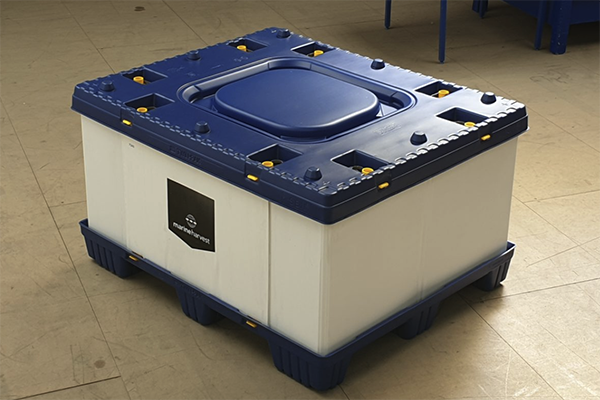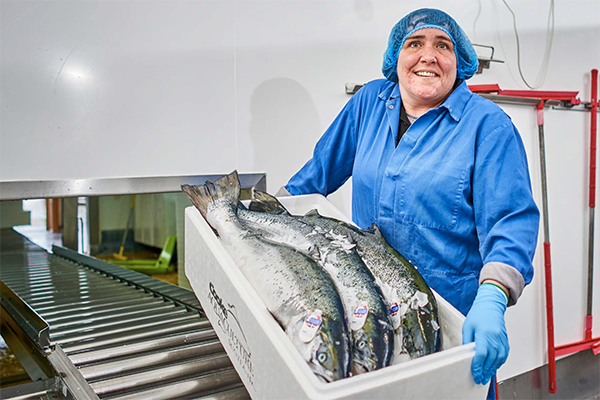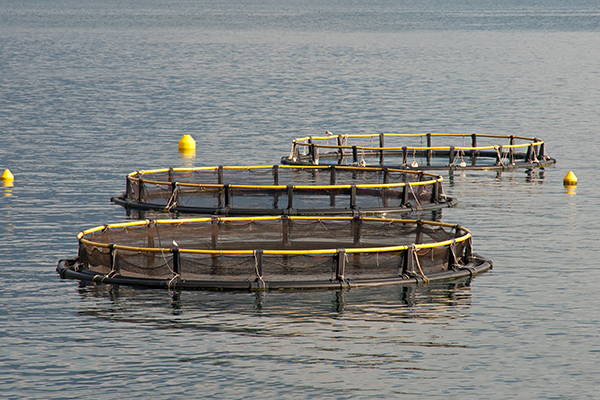New consenting process for Scottish salmon farmers could lead to efficiencies and improved community engagement

Scottish Sea Farms is testing a simpler licensing and approval process for salmon farms that could help streamline the overall consenting process for salmon farmers and better engage with local communities.
The trial follows an independent review by regulatory expert Professor Russel Griggs in 2022, commissioned by Rural Affairs Secretary Mairi Gougeon, which found the current process of approving and licensing for aquaculture is complicated, lacks coordination and is not working “as well as it could.”
In the months since, a Consenting Task Group, set up by the Scottish Aquaculture Council to deliver the recommendations, has been working on a new, more coordinated process, with Shetland Islands Council and Highland Council – both of which have been involved in the Group – being the first to pilot the changes.
“The pre-application process will see the two main consenting regimes, namely the local authority planners and Scottish Environment Protection Agency, work together to review the submission in consultation with key stakeholders, rather than each body considering the applications separately, as currently happens,” said Anne Anderson, Scottish Sea Farms Head of Sustainability. “This new, more coordinated approach is anticipated to take three to four months and pave the way for a swifter decision once the formal application has been submitted.”
In the new licensing process, involving residents and businesses is key. Scottish Sea Farms has engaged with Shetland Island Council, community councils and other marine users to discuss the proposals. Two consultation events are already scheduled for February and April 2024.
Scottish Sea Farms launches hybrid-power workboat to reduce carbon footprint
“We’re keen to talk local communities through our proposal, which is to consolidate four separate consents into one farm of 6,000 tons, which is a modest increase of 764 tons overall,” said Anderson. “Should our application prove successful, this would see a potential 29 salmon pens and three feed barges reduced to a maximum of 12 pens supported by one barge.”
Also involved in trialing the new licensing and consenting process, which will apply to new and existing farms, is fellow salmon producer Mowi who will submit the second planning notification – this time to Highland Council.
Mowi is also testing the new licensing process for both new and existing farms. It will submit the second planning notification to the Highland Council. Once both planning notifications have been through the new process, the Consenting Task Group will carry out a thorough review of its success at each key stage.
“The group will be looking to identify any scope for further improvement, informed by feedback from all key stakeholders, including communities, ahead of rolling out the new, coordinated approach to other local authorities,” said Anderson.
Now that you've reached the end of the article ...
… please consider supporting GSA’s mission to advance responsible seafood practices through education, advocacy and third-party assurances. The Advocate aims to document the evolution of responsible seafood practices and share the expansive knowledge of our vast network of contributors.
By becoming a Global Seafood Alliance member, you’re ensuring that all of the pre-competitive work we do through member benefits, resources and events can continue. Individual membership costs just $50 a year.
Not a GSA member? Join us.
Author
Tagged With
Related Posts

Health & Welfare
Salmon farmers in Scotland cut antibiotic usage by more than 50 percent in 2022
Less than 10 percent of seawater salmon farms in Scotland used antibiotics in 2022, according to a new report by the UK government.

Responsibility
Mowi Scotland ships record volume of farmed salmon in bespoke reusable containers
Mowi Scotland reports that in 2022 it shipped a record volume of farmed salmon in reusable containers called S-BINs.

Intelligence
Cooke Aquaculture details the economic impact of salmon farming in Scotland
Cooke Aquaculture Scotland touts its operations' economic and social impacts and discusses plans to expand in the remote island region.

Intelligence
Scottish government accepts recommendations from ‘ambitious’ aquaculture review
The Scottish government accepted the recommendations from an "ambitious" independent aquaculture review, making regulatory change imminent.



